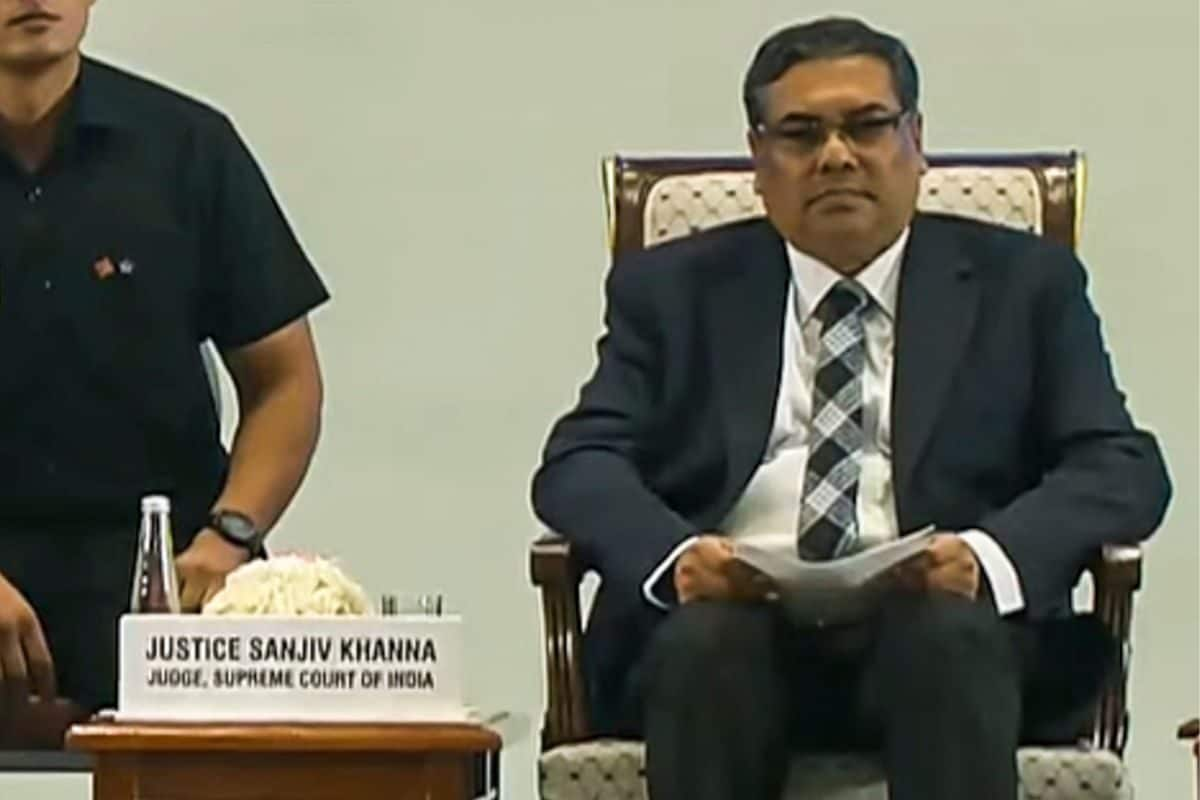Once cleared by the Centre, Justice Sanjiv Khanna will become the 51st Chief Justice of India and have a tenure of six months before he retires on May 13, 2025
Chief Justice of India DY Chandrachud has proposed the name of the senior-most Supreme Court judge, Justice Sanjiv Khanna, to be his successor. Once cleared by the Centre, he will become the 51st Chief Justice of India and have a tenure of six months before he retires on May 13, 2025.
Chief Justice Chandrachud will retire from service next month on November 10. Supreme Court judges retire at the age of 65.
Justice Khanna was elevated as a Judge of the Supreme Court on January 18, 2019. During his tenure in the apex court, he held the chairman’s post of the Supreme Court Legal Service Committee from June 17, 2023 to December 25, 2023.
At present, he is the executive chairman of the National Legal Services Authority (NALSA) and a member of the governing council of the National Judicial Academy (NJA) in Bhopal.
Born on May 14, 1960, the 64-year-old SC judge studied law at the Campus Law Centre of Delhi University and enrolled as an advocate with the Bar Council of Delhi in 1983. He initially practiced in the district courts at the Tis Hazari complex in the national capital and, later, in the Delhi High Court.
According to information on the Supreme Court website, he has served on tribunals in diverse fields like constitutional law, direct taxation, arbitration, commercial law, company law, land law, environmental law and medical negligence. He has held a long tenure as the senior standing counsel for the income tax department.
The SC website further stated that in 2004, Justice Khanna was appointed as the standing counsel (civil) for the National Capital Territory (NCT) of Delhi. In the high court, he has appeared and argued in a number of criminal cases in the role of an additional public prosecutor and an amicus curiae.
In 2005, he was elevated as an additional judge of the Delhi HC and made permanent in 2006, the SC website said. As a judge in that high court, he has held the position of chairman/judge-in-charge of the Delhi Judicial Academy, Delhi International Arbitration Centre and the District Court Mediation Centres.
Justice Khanna is reportedly among the few judges elevated to the SC even before becoming a Chief Justice of any high court. He has been part of a number of important rulings as a judge of the top court.
Some of the notable judgments include upholding the use of electronic voting machine (EVM) in elections, saying the devices were secure which eliminates booth capturing and bogus voting. He was part of the five-judge bench that declared the electoral bond scheme, meant for funding of political parties, as unconstitutional. He was also part of the five-judge bench that upheld the Centre’s 2019 decision abrogating Article 370 of the Constitution, which gave special status to the erstwhile state of Jammu and Kashmir.
(With PTI inputs)

